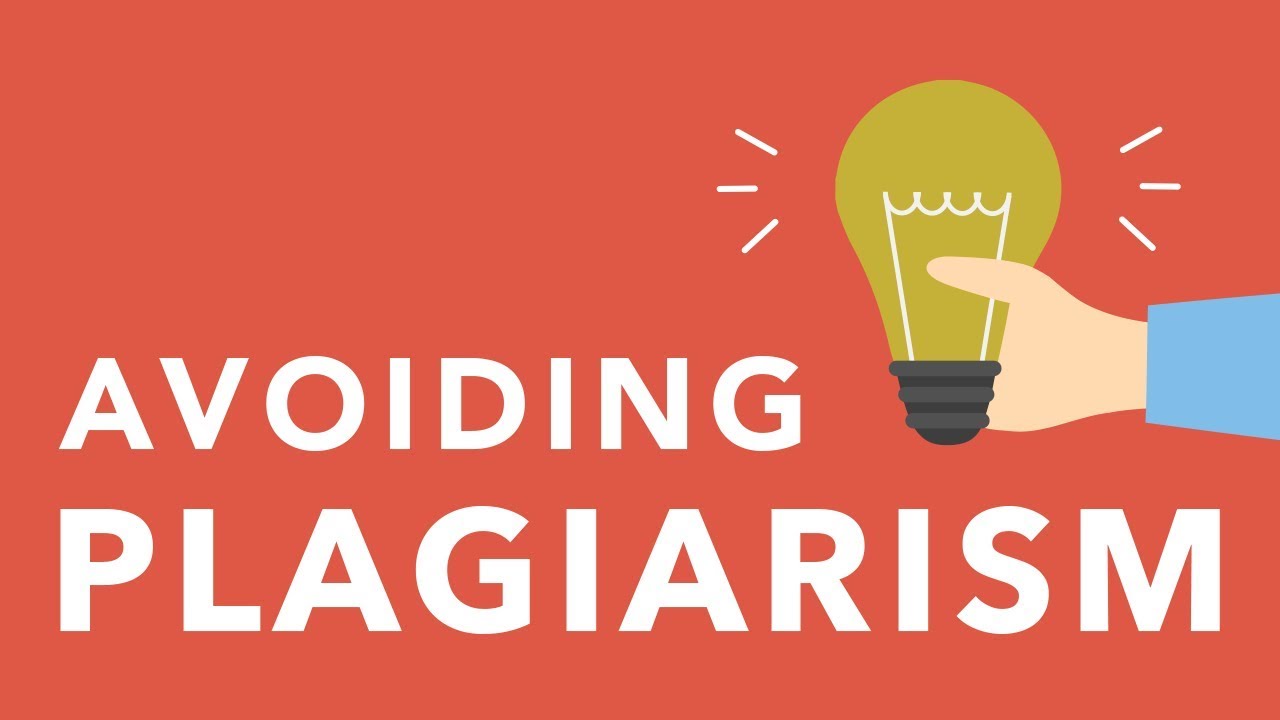
What is Self Plagiarism How to Avoid it
Self-plagiarism – What is it and how to avoid
Plagiarism is the wrongful stealing of content from other people and using it without their permission. Plagiarism is no doubt an unforgivable offence and is considered to be illegal in the majority of parts of the world. Today you have to keep yourself away from plagiarism and its consequences but avoiding plagiarism has become very difficult today. It has become difficult and this is all because of the different kinds of plagiarism that have come into existence lately. Today there are more than dozens of different types of plagiarism which is why you need to be extra careful in avoiding duplication in your work.
In this article, you are going to find out information about the most common type of plagiarism and how to avoid it. So without any delay let us kick off with the details of the most common type of duplication.
Self-Plagiarism – What is it?
Plagiarism as we have told you before is an unethical and illegal duplication of content. As the name tells us, self-plagiarism refers to copying or duplicating one’s own work and using it in a new source without any crediting and attributions to the previous one. Now you must know that plagiarizing your own content surely doesn’t cross any ethical lines that crossed in verbatim plagiarism from another source.
But still, you should know that self-plagiarism has tons of consequences and negative effects that you might have to face in the academic or professional world. This is why it is important that you avoid self-plagiarism. Before we tell you about the different ways you can follow to avoid plagiarism, we would like you to know why it is wrong to use your own content.
Why should you avoid self-plagiarism?
Here are some of the reasons why you should always try and avoid self-plagiarism.
Self-Plagiarism is rejected in research papers
In research papers and academic work, no kind of plagiarism is tolerated. So if you are thinking of duplicating content from your old assignments or essays then we would suggest you think again. Self-plagiarism should be avoided as it is going to get your work rejected. If you don’t want to waste your time and energy because of plagiarism then you must avoid it.
Self-plagiarism causes copyright issues
If you are copying your content that has already been published on the web it is going to cause you copyright problems. Copyright breach is a serious offence which is why you need to ensure that you avoid using your own published content.
How can you avoid self-plagiarism?
Avoiding plagiarism of all kinds is very much important. In this section, we are going to tell you all about the different ways to avoid self-plagiarism. So if you are really interested in avoiding the negative effects of self-plagiarism then you should read this section in detail.
-
Always do original research
Whenever you are writing a new article or any piece of writing then we would suggest you do proper research. Self-plagiarism occurs majorly because of the rephrasing of old content published by you. If you want to avoid self-duplication then we would suggest you spend ample time on research and collect facts and figures that can add originality to your work.
-
Use an online plagiarism checker
To avoid plagiarism issues it is important that you always check your work for plagiarism and use a free plagiarism checker. A plagiarism tool is a web-based program that can help you scan your work and compare it with billions of web pages and other resources. Online plagiarism checker can easily find self-plagiarism and all other kinds of duplications that are commonly found these days. If you want to find out the percentage of duplication as well as the reference sources/links then we would suggest you use an online plagiarism checker. If plagiarism software highlights duplication in your work then you can easily remove or rephrase it before publishing.
-
Always cite the reference content
Citation is very important when it comes to avoiding plagiarism. If you cannot avoid using content that you have originally created then we would suggest you use citations. Citing helps you provide credits to the original source. Whenever it becomes absolute to use already published information you should use citation and referencing techniques. If you don’t know how to rightfully cite your old content then you can take help from an expert writer or your teacher.
-
Rephrase your content in a unique way
Another way to avoid self-plagiarism and its consequences are by using the paraphrasing technique. A paraphrasing tool can help you to rephrase online in a unique way. In paraphrasing, you would be using different words and phrases to create new content without compromising the original meaning of the old text.
These are some of the best ways using which you can avoid duplicating your own content deliberately or accidentally!



